Personal experience with panic attacks
I could feel it building up behind my eyes. The only thought I had was that I had to get out of there. I couldn’t let everyone see me cry. “Hey, I’m going to use the bathroom, I’ll be back,” I leaned over and quickly whispered to my friend. I stood up and started to make my way from the choir room to the bathroom near the entrance to the church. After I had made it past the last row of people, the tears started streaming down my face. I felt like I couldn’t breathe. I couldn’t think. There wasn’t a single thought in my mind except that I knew I was panicking about something, but I didn’t know what that something was. I sat on the floor of the stall for a good five minutes before I called my mom because I couldn’t get myself to calm down. I was only 12 years old, and I learned later that experience was my first of many panic attacks.
Around 6 million adults have panic attacks, affecting women at twice the rate of men, according to Psychiatry Advisor. According to the National Institute of Mental Health, panic attacks can make people feel like they’re out of control, have a racing heart, breathing problems, intense worry or a feeling of impending doom. I have experienced some form of all of these.
Sitting in class at the end of first semester freshman year, watching a movie, I felt my throat start to tighten. I felt like I was losing my ability to breathe. I looked at the water bottle sitting in front of me and started to drink it. The water was going down okay so I was fine, right? It definitely didn’t feel like I was okay. I was terrified that I would stop breathing at any minute, though the fact that I could still drink my water gave me a little peace of mind.
A month later, I went to the doctor and told him about what had happened because it had been happening several times a day, a couple days a week. The doctor told me that it sounded like I was having a panic attack, which could be caused by any recent traumatic events in my life. If that was true, then it would mean that my parents getting a divorce was the cause of those panic attacks, and the first panic attack I ever had was because of the person I was closest to, Grandma Rosemary, died.
According to the National Institute of Mental Health, to help with panic attacks people can take medicine such as Selective serotonin reuptake inhibitors (SSRIs) or Serotonin-norepinephrine reuptake inhibitors (SNRIs), which are also used to treat depression. Another way to help people with panic attacks or bad anxiety is by going and talking to a therapist because they could be having panic attacks due to things going on in their life. For me, it was because I wouldn’t accept the fact that my grandma was dead and although I already knew my parents would get a divorce, I didn’t realize how difficult it would actually be.
In October, a Southport student I had a class with for two years died. Although I hadn’t talked to him since freshman year, I saw him walking at the football game the week before. For a couple weeks when I would try to fall asleep at night I couldn’t because I was too busy thinking about how someone my age, that I had just seen not long before, was dead. I started to worry about dying, sending me into a form of panic attacks that I had never had before. I couldn’t stop thinking about it and I couldn’t get my mind off of it. After a couple of weeks, I finally got myself to stop thinking about it.
My point is that anyone can have a panic attack, and they happen differently for everyone. No panic attack I’ve ever had was the same and they can be triggered by anything whether it be death or something else. People having panic attacks could be internally freaking out but on the outside look like they are perfectly fine. If you start to have a panic attack just remember that you are okay and take deep breaths. If you see someone having a panic attack, you can help them by reassuring them that they are okay and taking deep breaths with them.

Hi! My name is Tabatha Fitzgerald, but most of friends call me Tabbs or Tabby. This is my second year on the Journal, and I am a features writer. I’m...



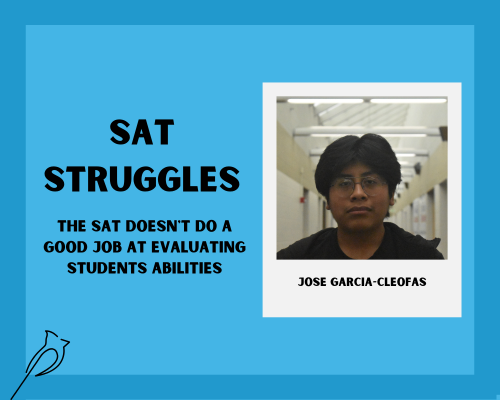
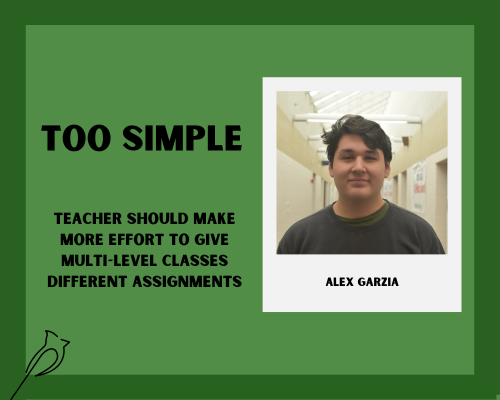
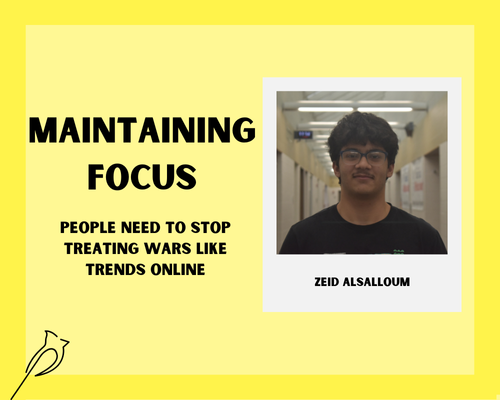
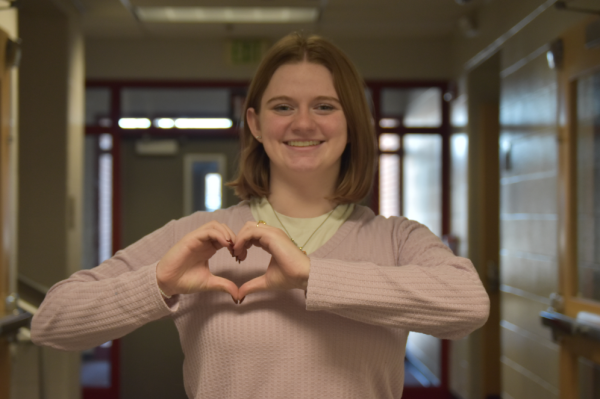

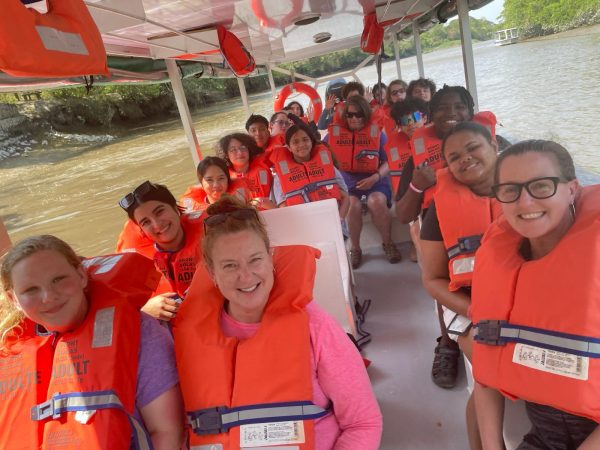
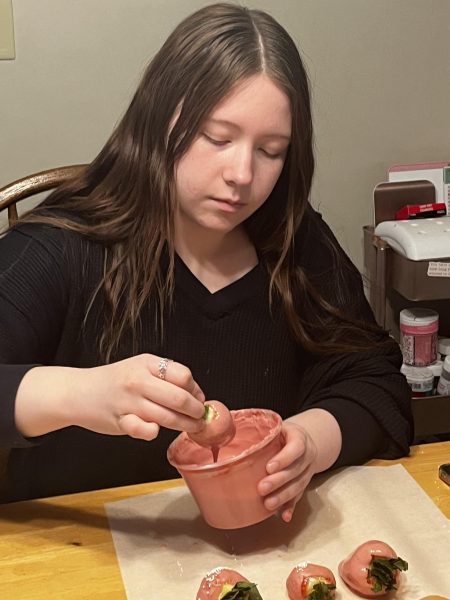

Mr. K • Jan 18, 2019 at 9:36 pm
A well-written and honest piece, Tabby!